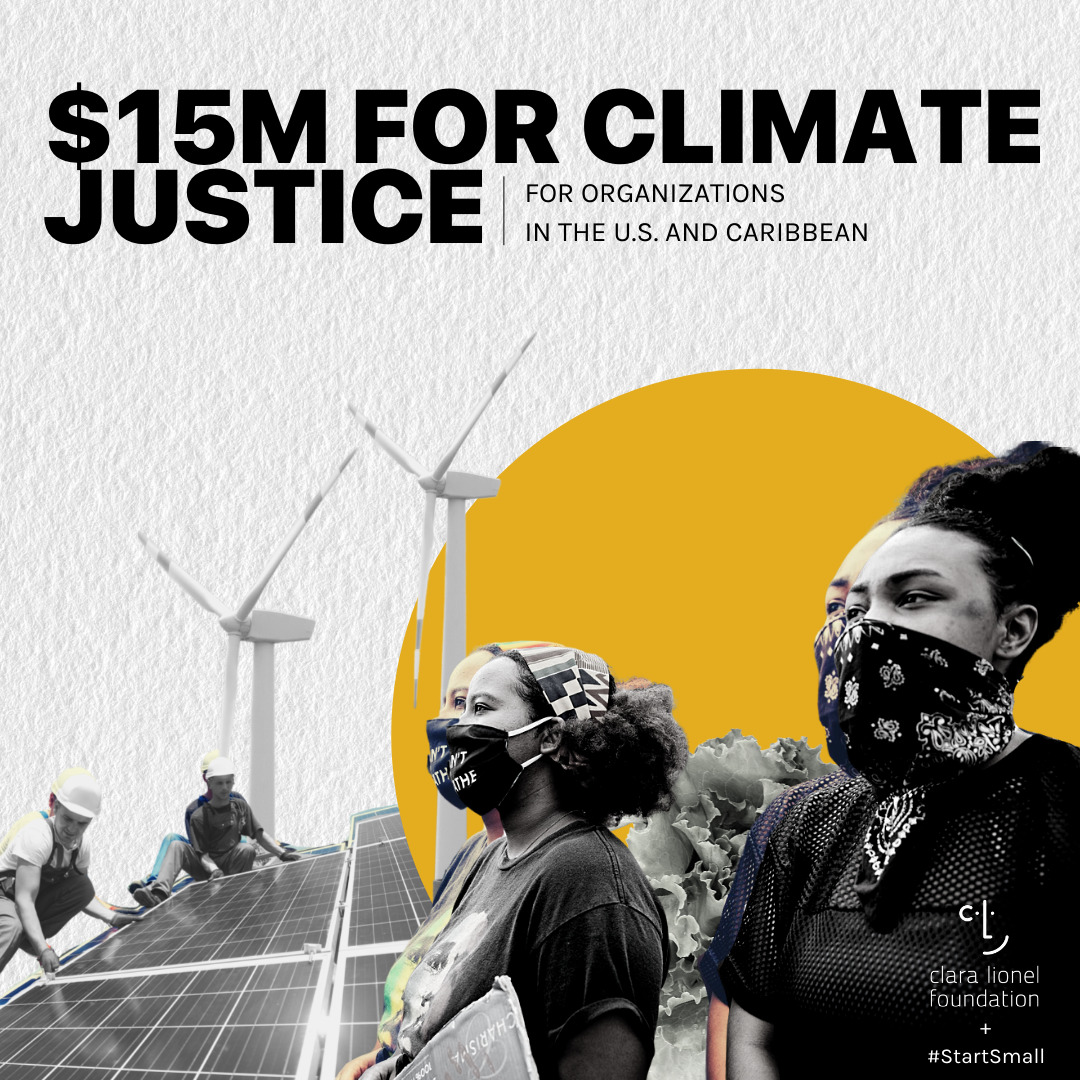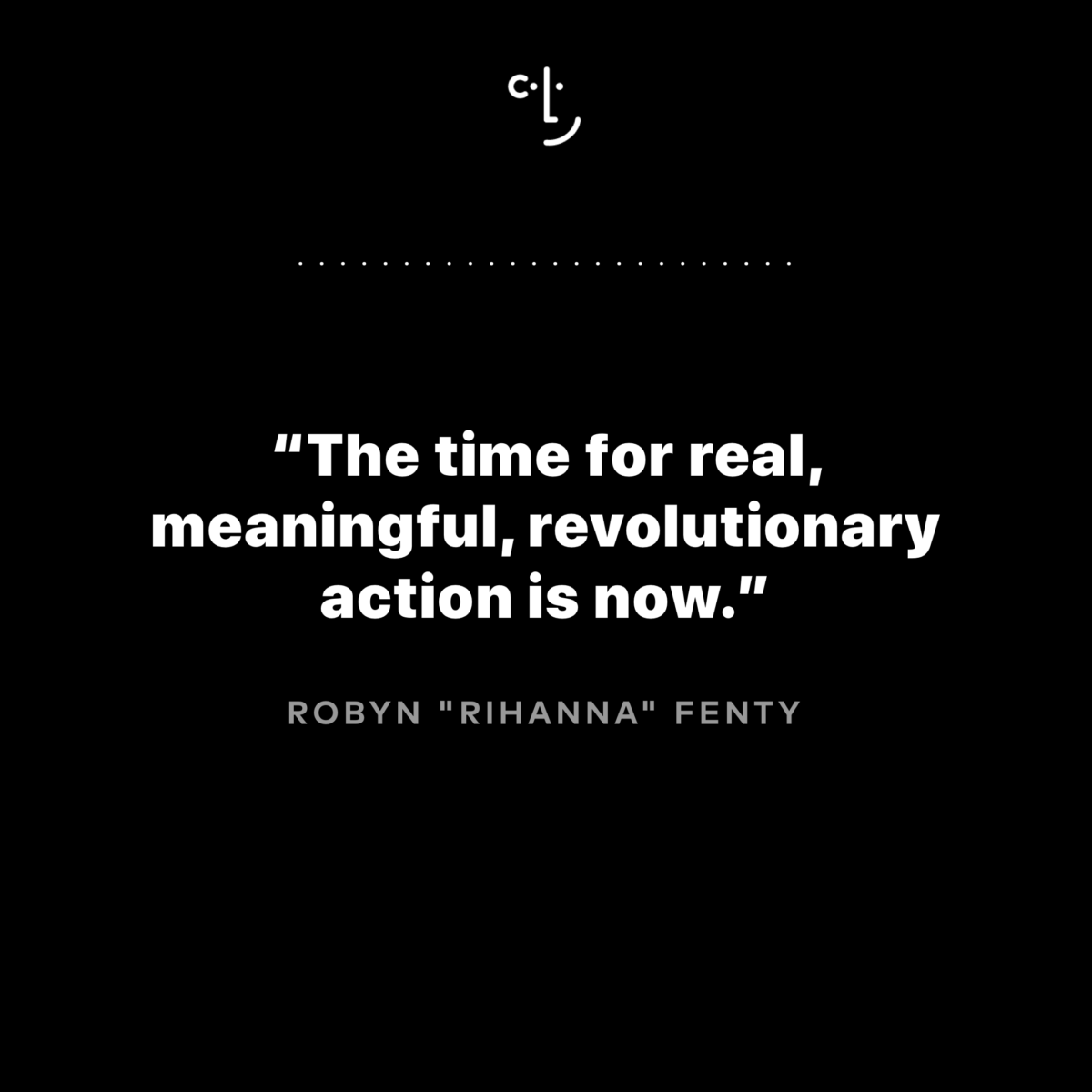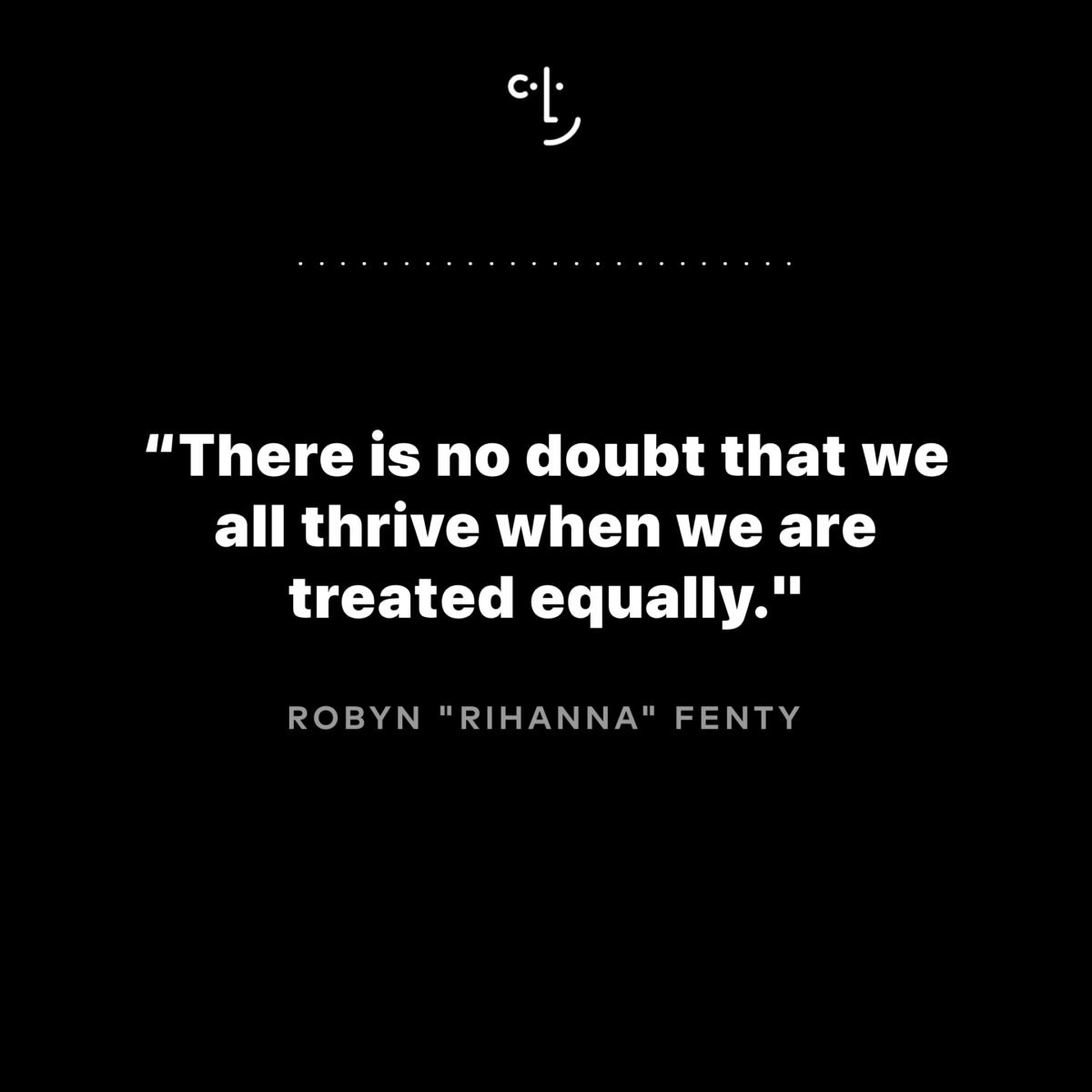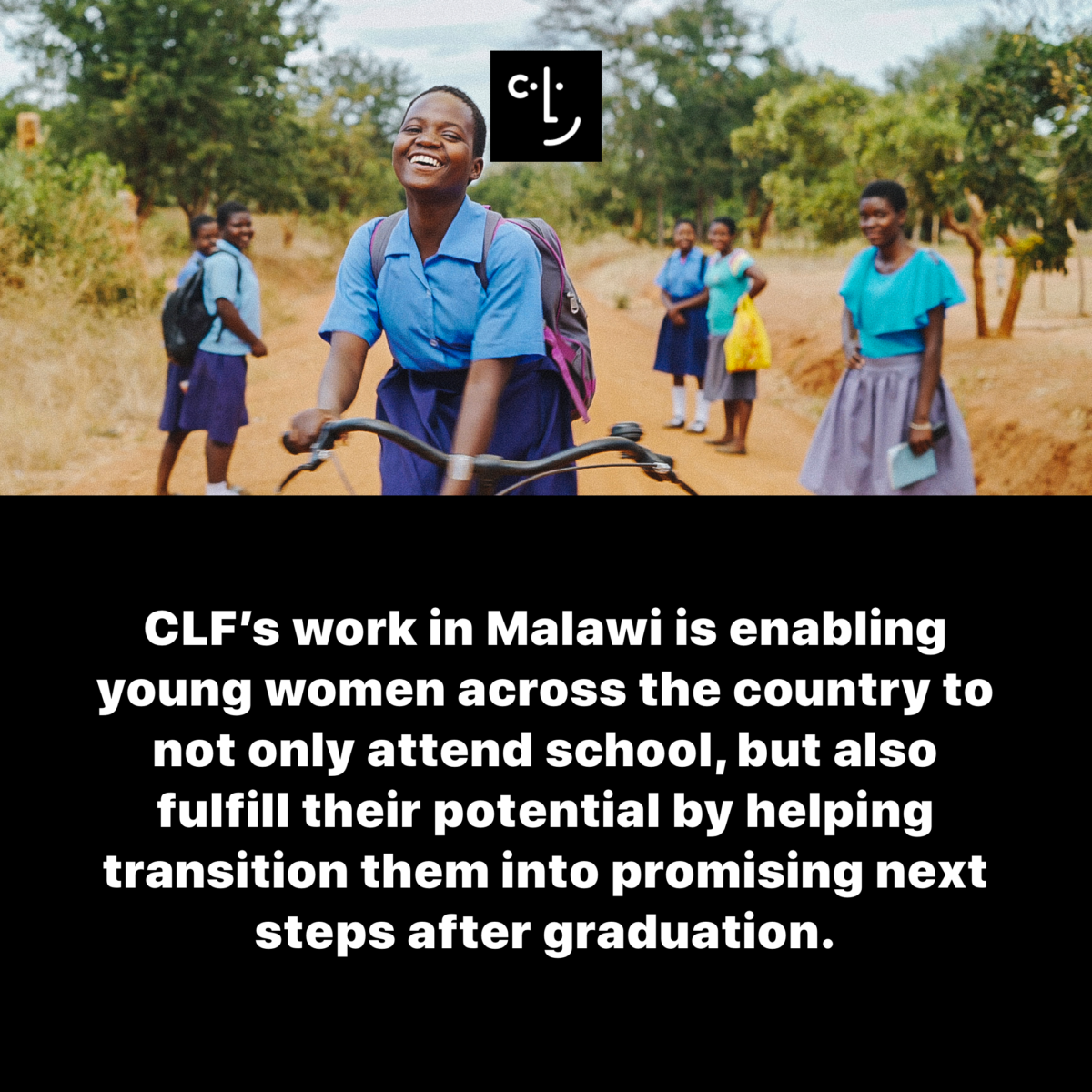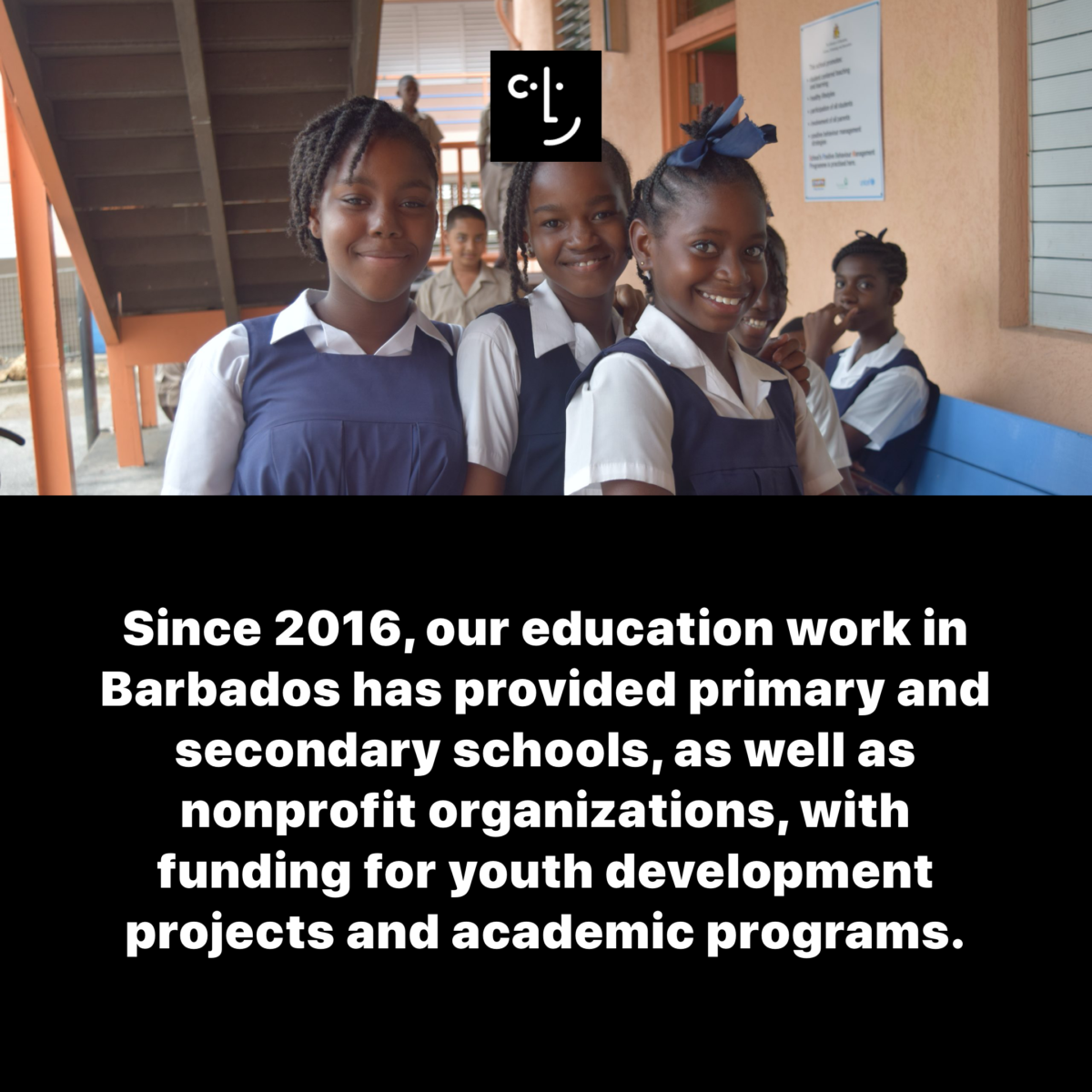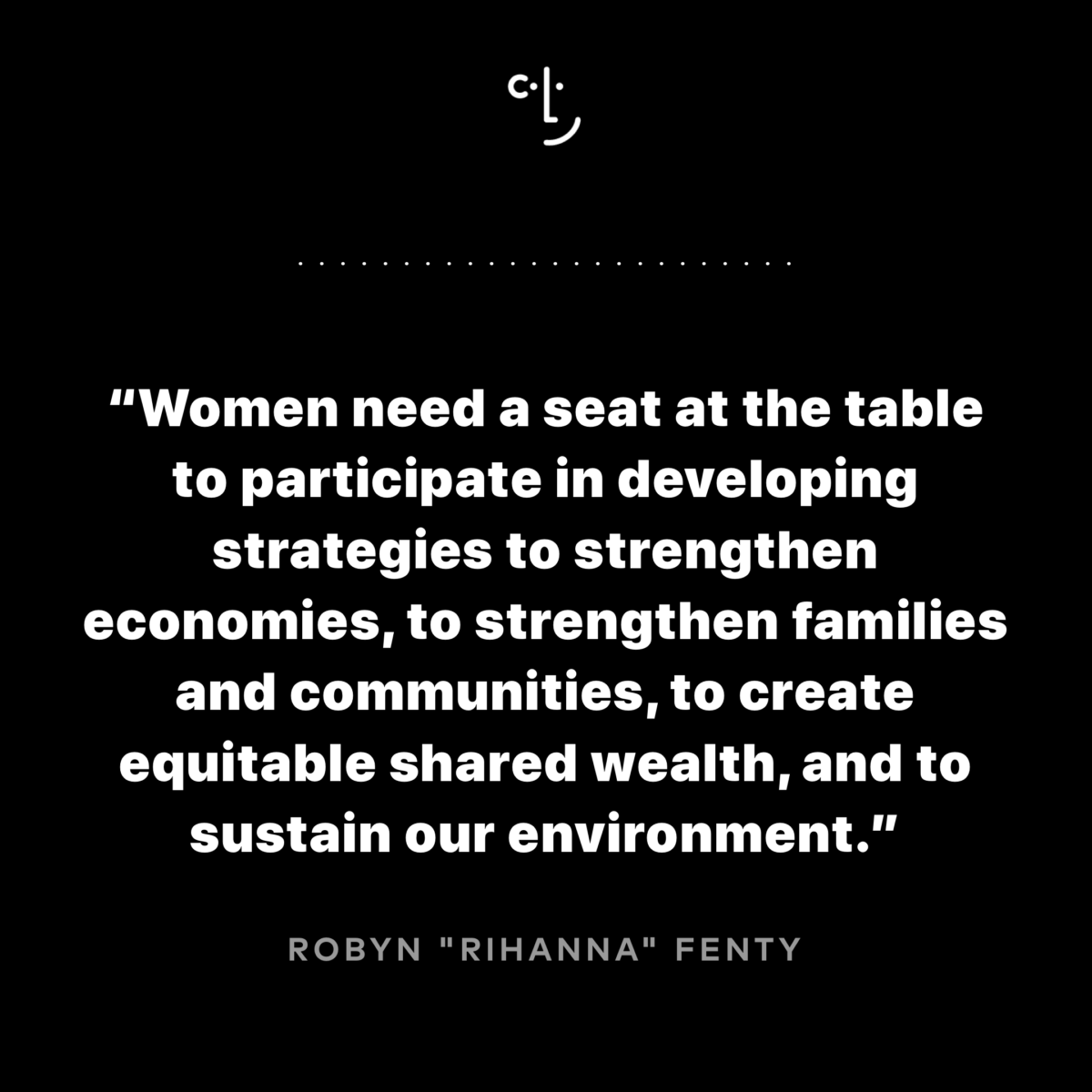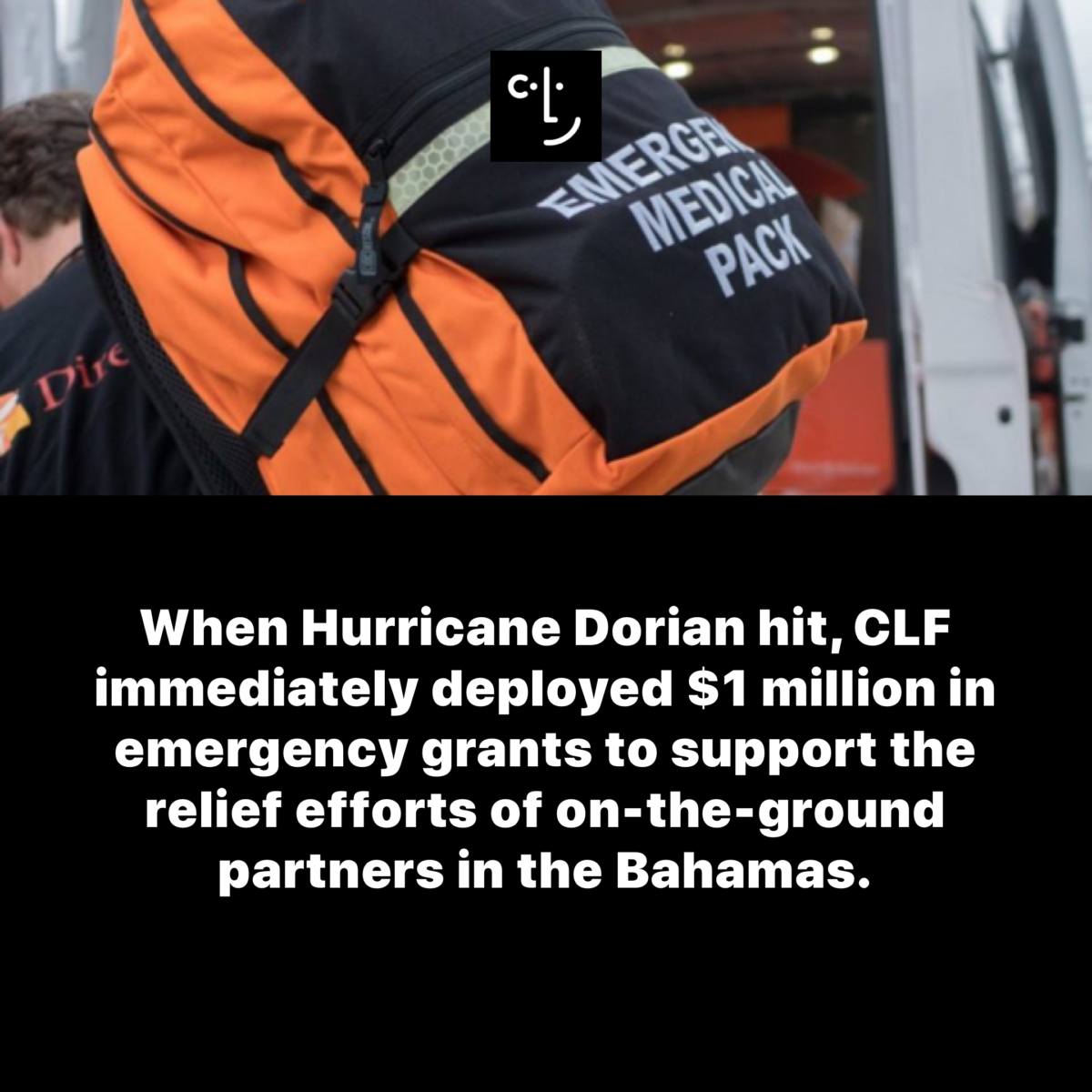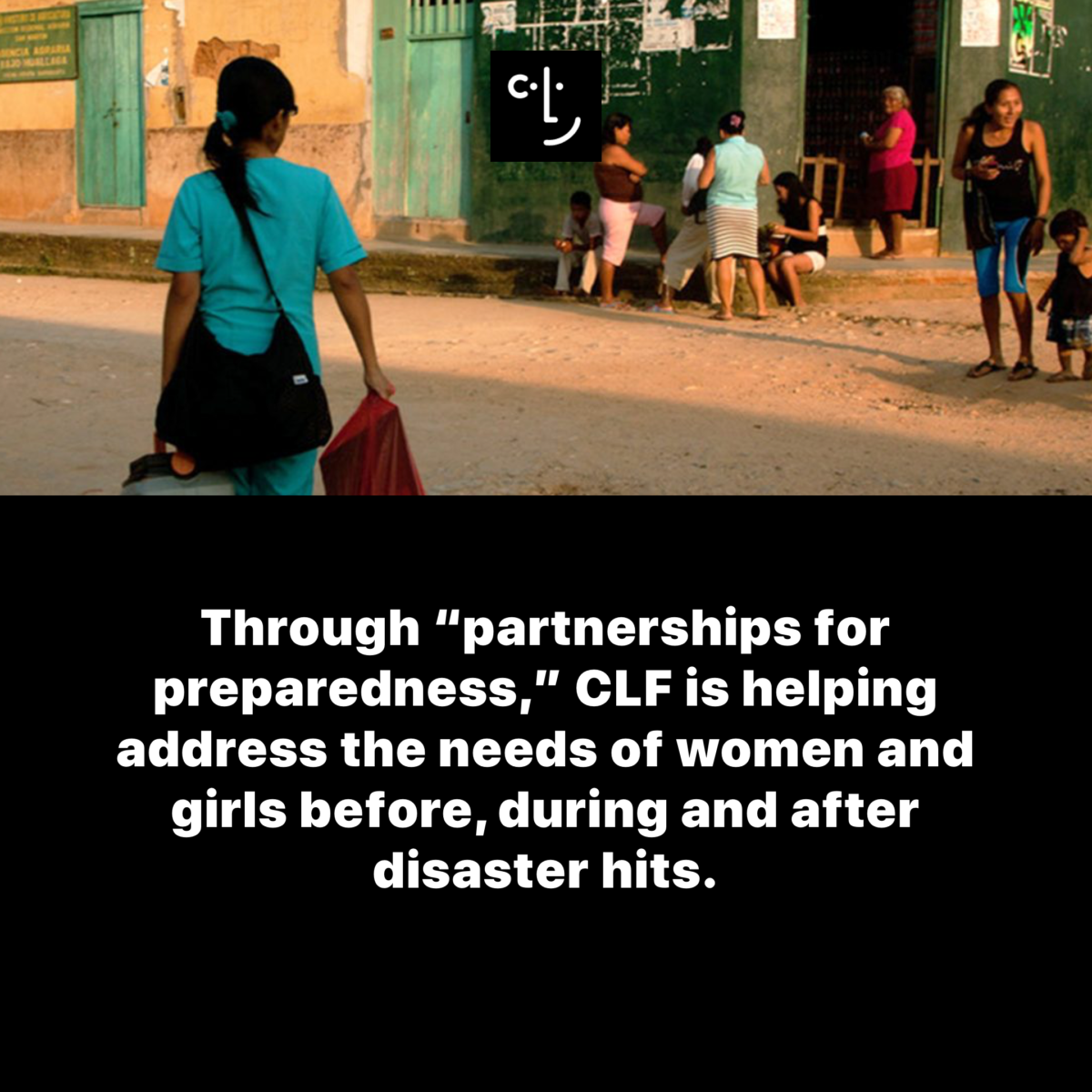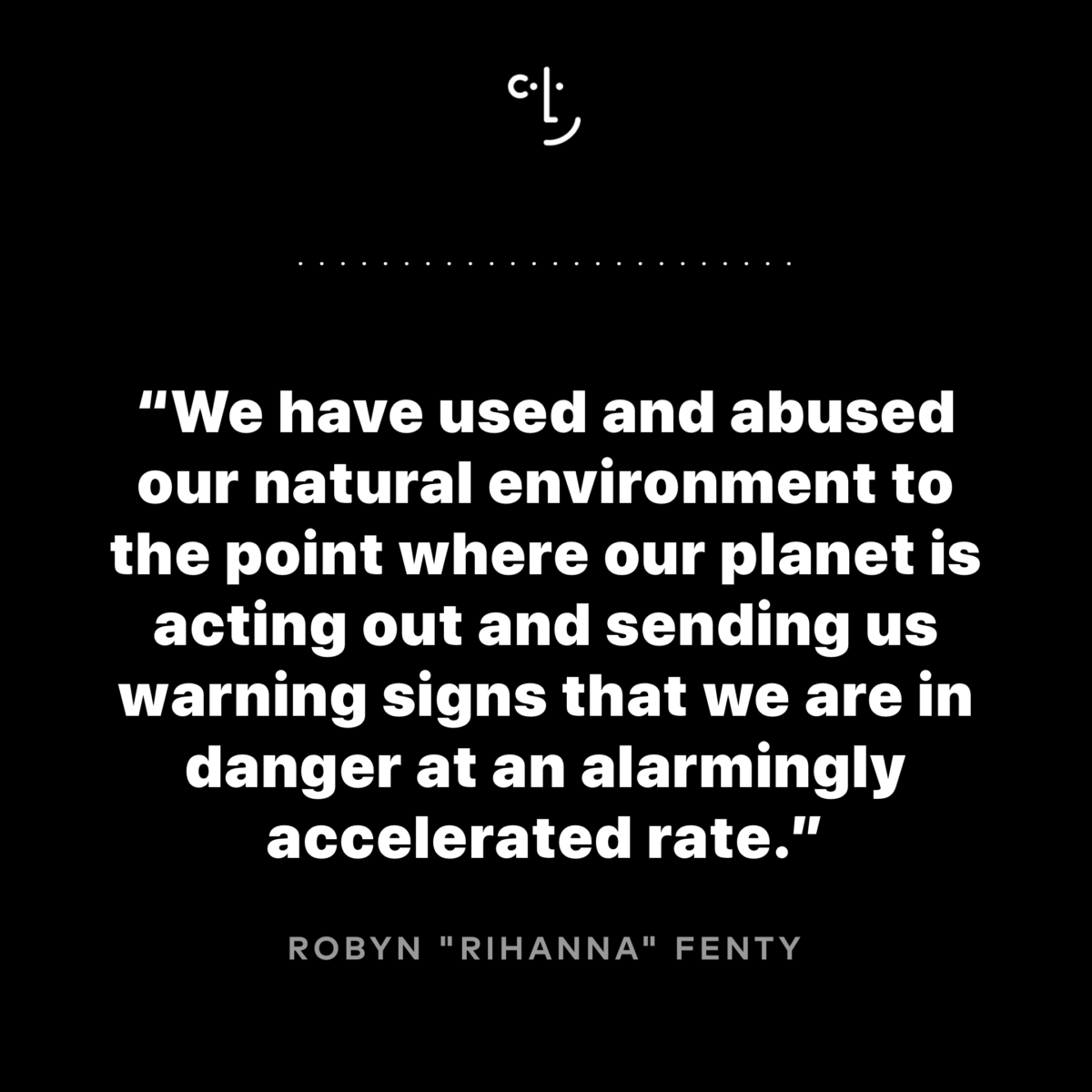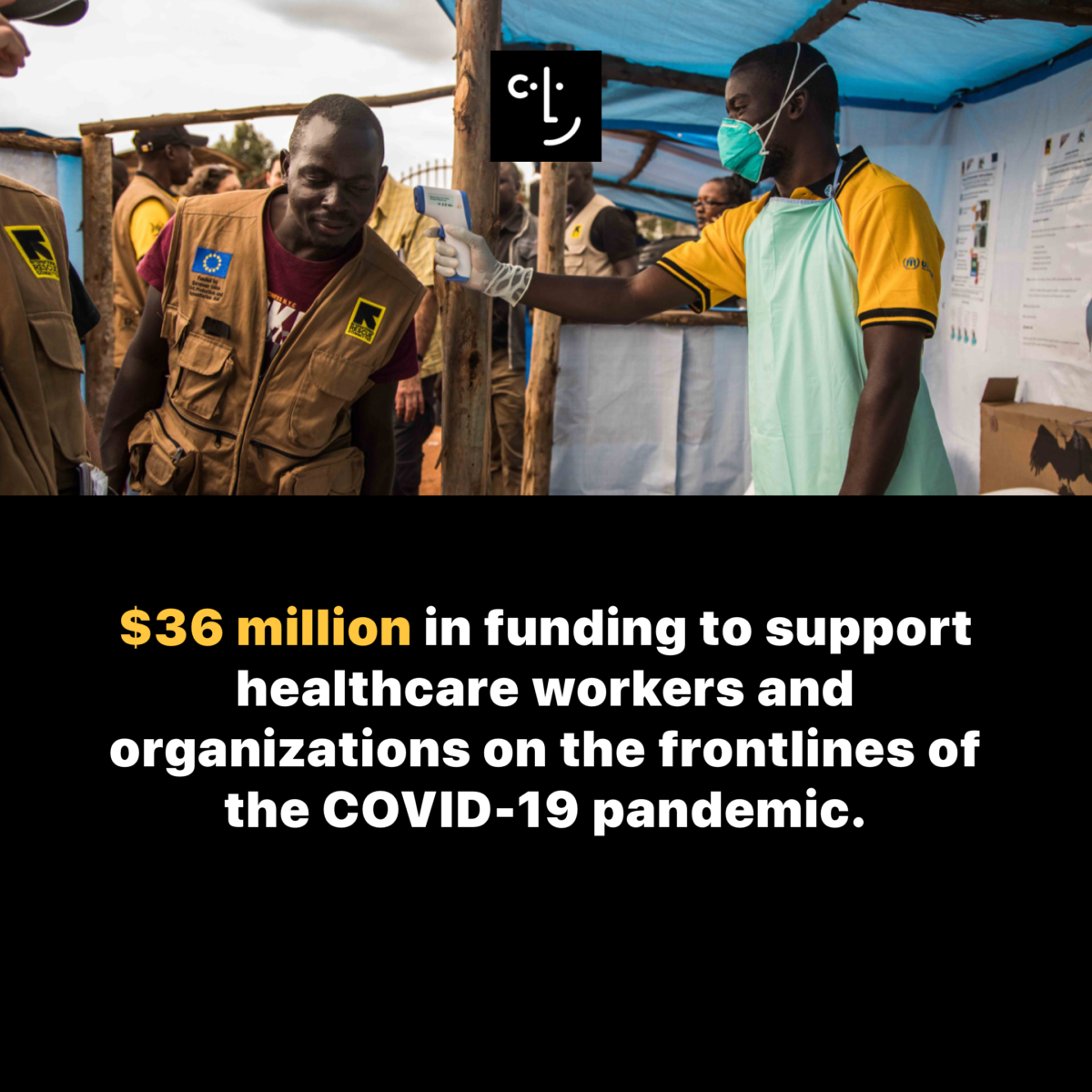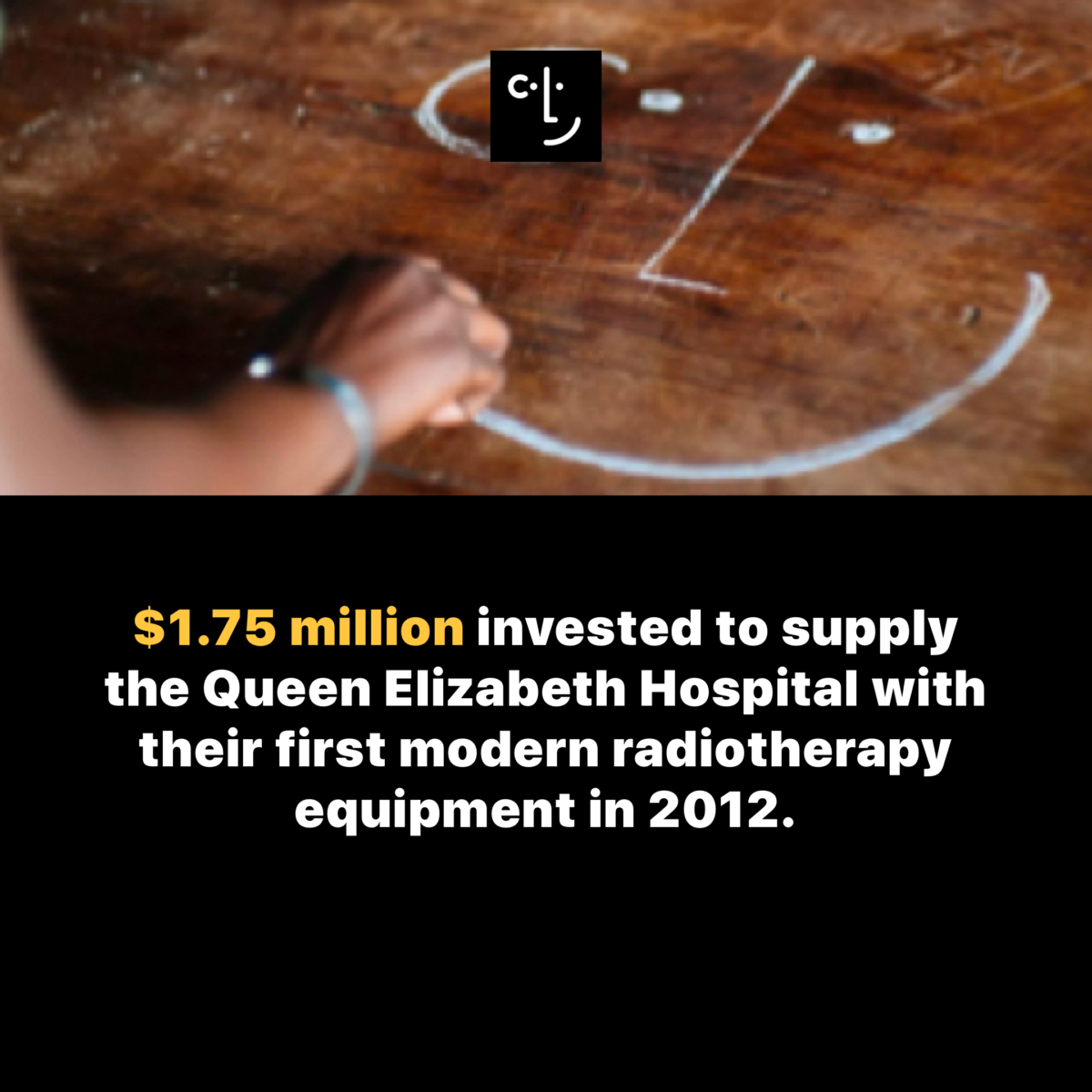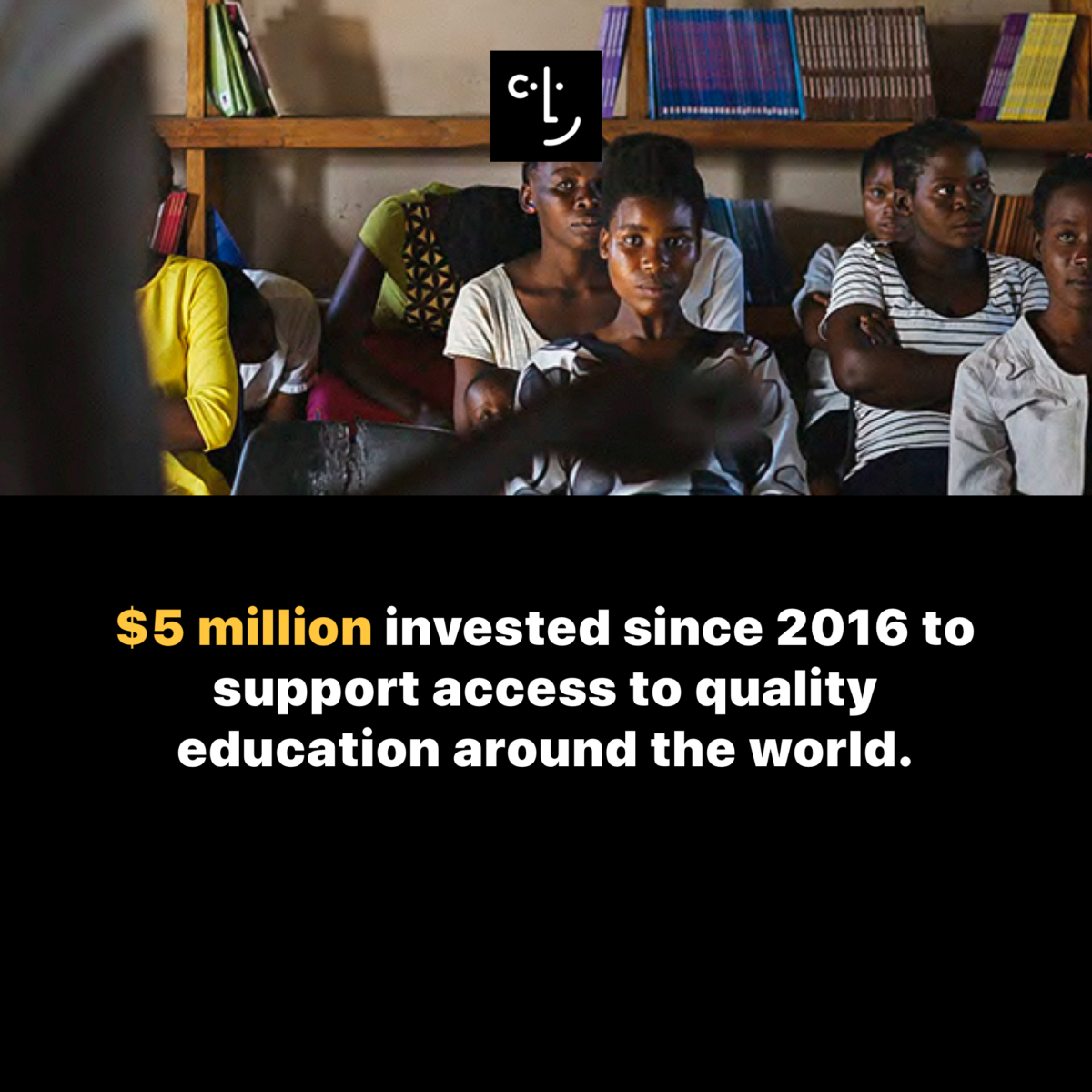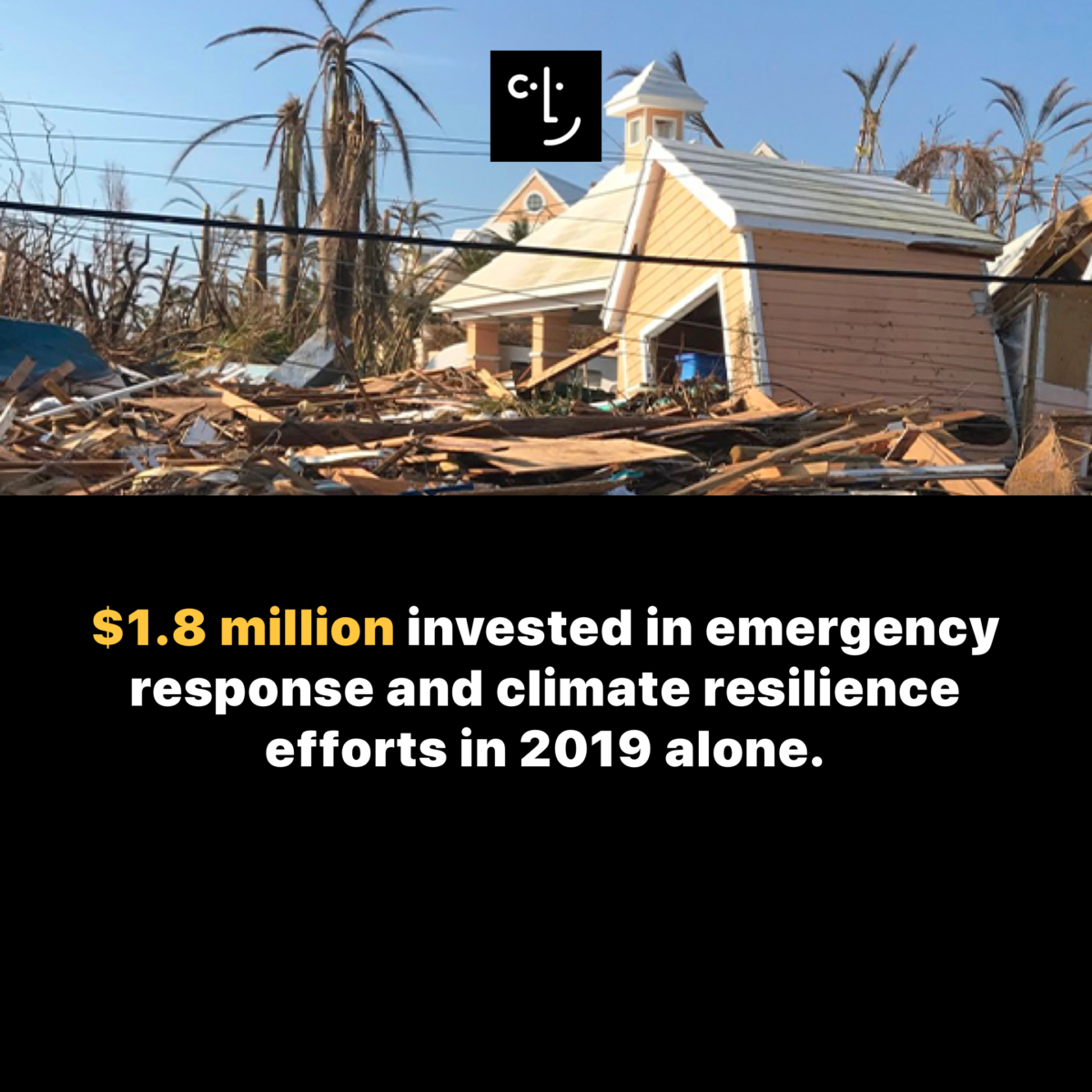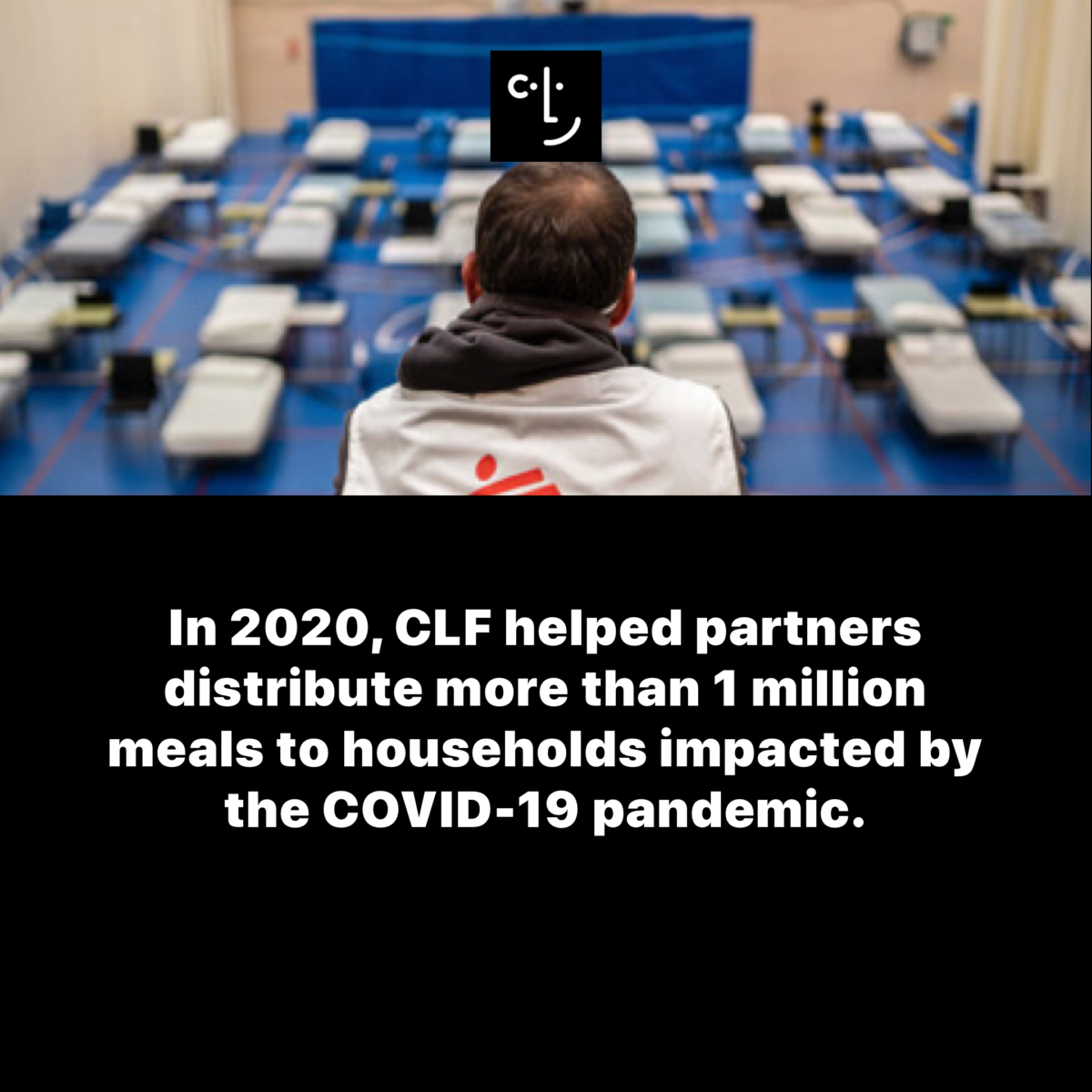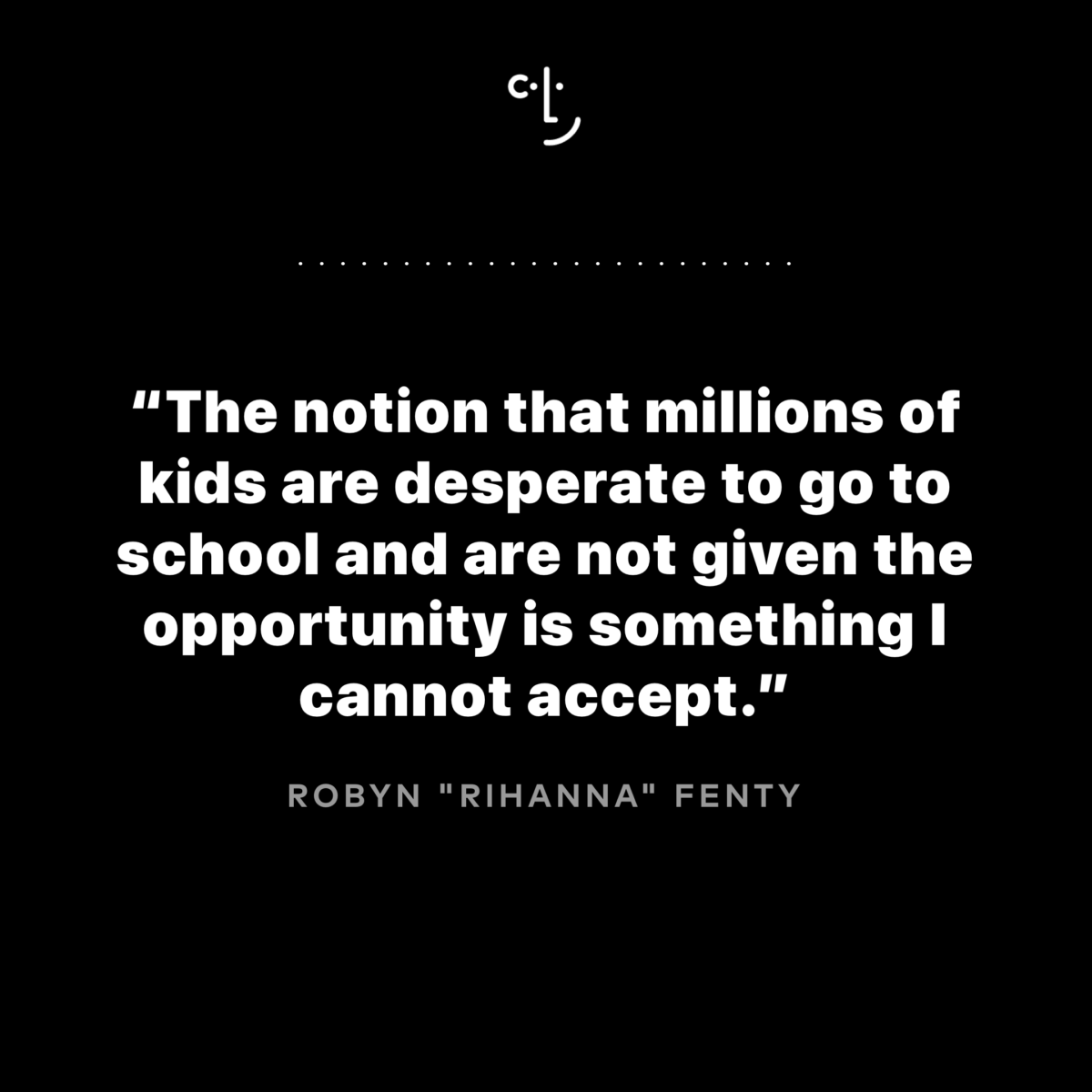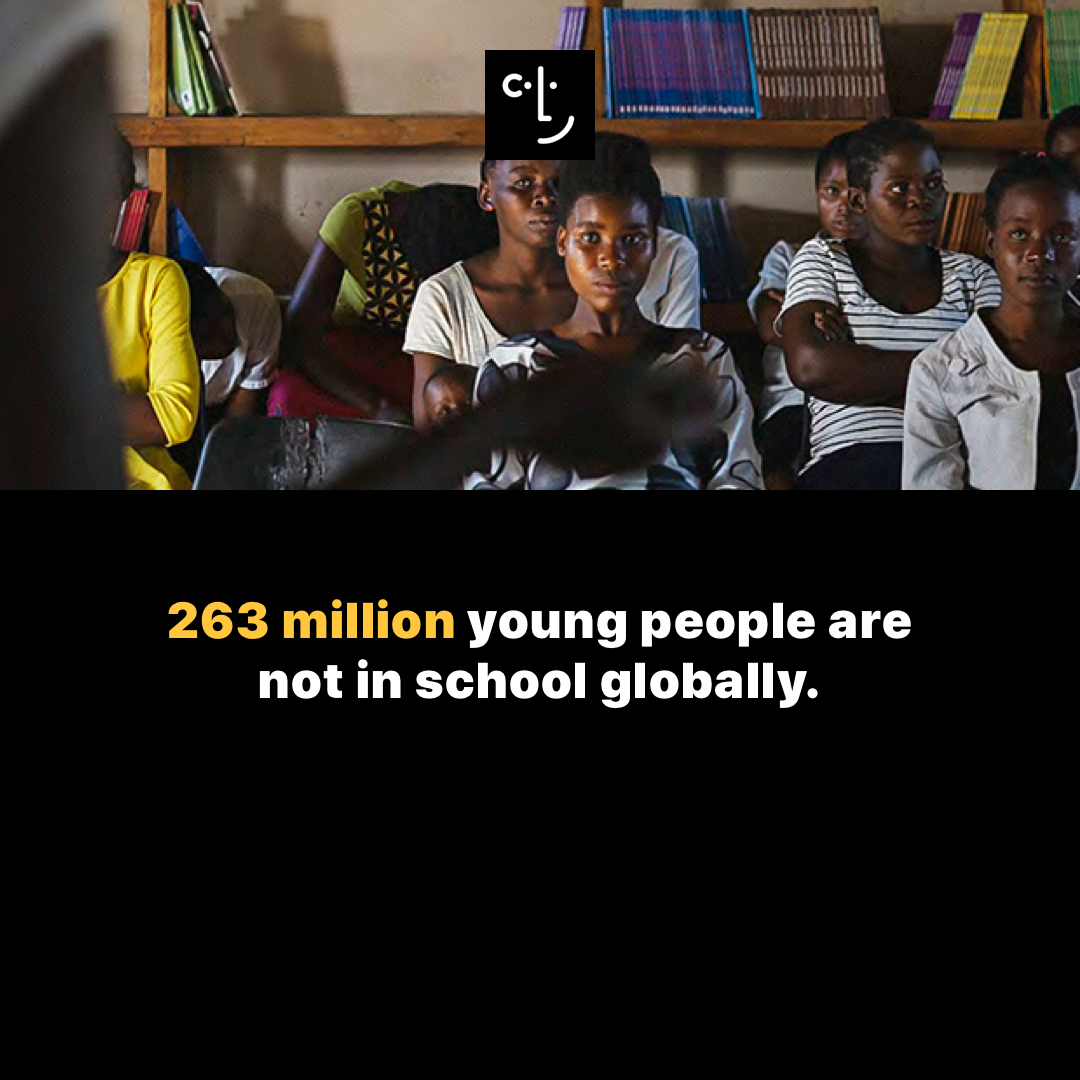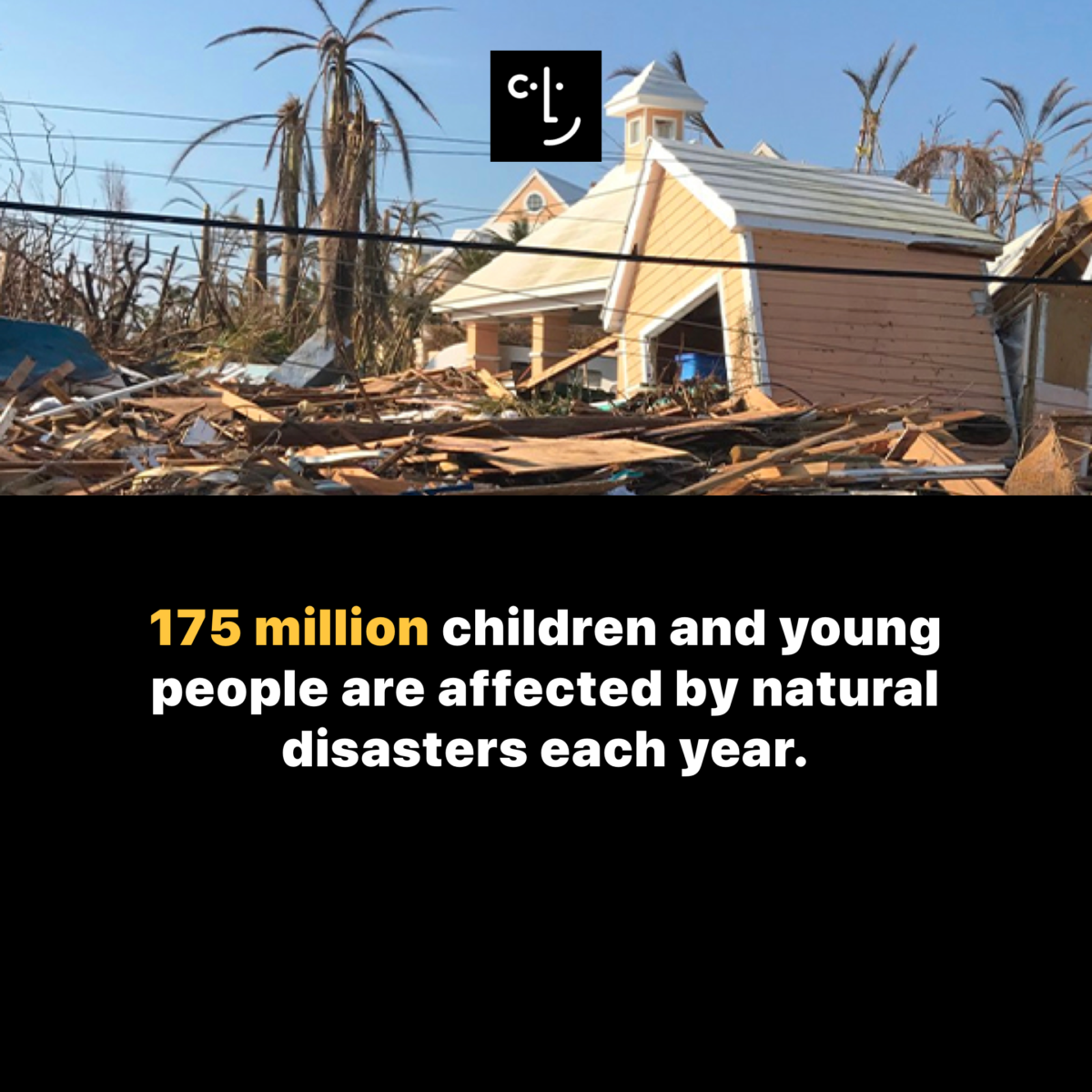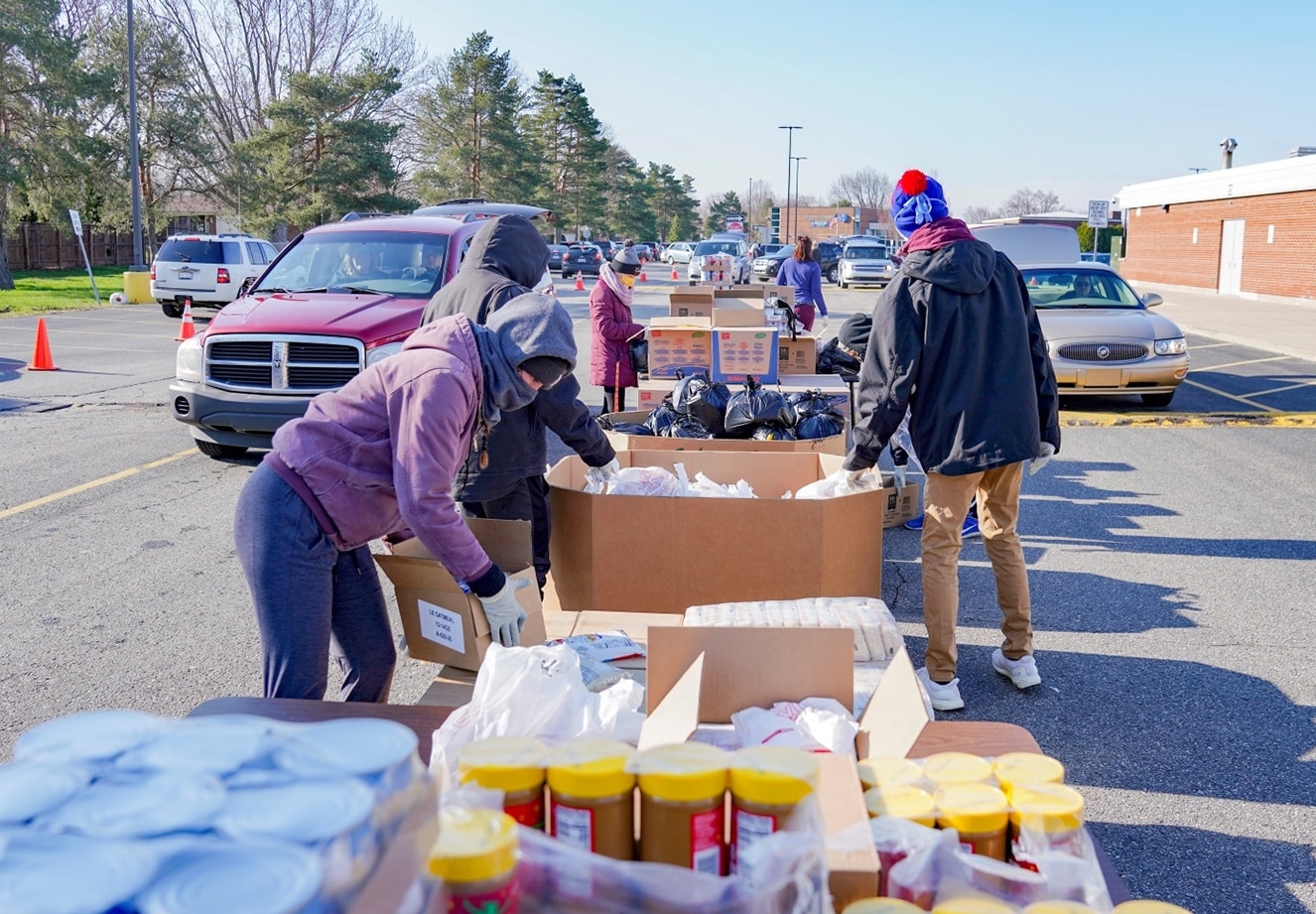
CLF Leads Additional COVID-19 Response Efforts In Michigan
CLF and Jack Dorsey’s #startsmall team up again to support COVID-19 response efforts in Michigan and other states.

A consortium of funders, led by CLF and Twitter & Square CEO Jack Dorsey’s #startsmall, donated an additional $3.2 million for COVID-19 response efforts focused on supporting community-based organizations in the cities of Detroit and Flint, Michigan. This round of grants will mobilize comprehensive solutions ranging from food distribution and foster care to bail relief, temporary shelter and social support services in Michigan and elsewhere.
Particular grants were matched by the Stadler Family Foundation, The David Rockefeller Fund and the Sean Anderson Foundation. In addition, the transportation network Lyft has committed to supporting the joint effort by providing a transportation option to survivors of domestic violence in Detroit and Flint through its LyftUp initiative.
"I personally want to thank Rihanna and her Clara Lionel Foundation and Jack Dorsey’s Start Small Fund for stepping up to help groups in Detroit and Flint on the frontlines of the COVID-19 pandemic,” Governor Whitmer said. “This generous gift will give these essential nonprofits much needed resources to help address the needs of those impacted most by COVID-19.”
Funds will go directly to the following organizations Wayne Metro Community Actions Agency, Gleaners Community Food Bank of Southeastern Michigan, Detroit Coordinated Access Model Program (CAM), Freedom House, Flint Metro Community Development, Food Bank of Eastern Michigan, Community Foundation of Greater Flint, Carriage Town Ministries, Catholic Charities, My Brother’s Keeper, the Shelter of Flint, Ennis Center, Samaritas, the YWCA Safe House, Serenity House of Flint, Food Bank Council of Michigan, Genesee County Youth Corp, The Bail Project, and The Center for Popular Democracy.
“We continue to see an urgent need for rapid-response efforts to ensure cities don’t lose the opportunity to gain ground against this outbreak as existing issues are being dramatically exacerbated by this pandemic,” said Justine Lucas, Executive Director of the Clara Lionel Foundation. “We need specific, actionable solutions to fill critical gaps for the most vulnerable. If we are to succeed in protecting the health and wellbeing of as many people as possible—which we must—we all must get involved.”
In Detroit, 33 percent of the population lives below the poverty line, providing evidence of a still-fragile economy only further compounded by the coronavirus outbreak. A Detroit Metro Area Communities Study, conducted in early April by the University of Michigan, found 35 percent of Detroiters employed full time or part time before March 1 have lost their jobs as a result of the pandemic, and estimates that roughly one in five residents will run out of money in three months. For working individuals, families and marginalized populations, the financial setbacks caused by the outbreak, both directly and indirectly, have the potential to be both devastating and lasting.
In Flint, a city that has struggled with protracted crises for years and which is located in Genesee county, Michigan’s hardest hit area outside of metropolitan Detroit, both city officials and community-based organizations are well-positioned to step up to assist those in need. Earlier in April, Flint Mayor Sheldon Neely committed to using Flint as a testing ground for tackling the racial disparities responsible for the disproportionate impact COVID-19 has had on the state’s Black communities. Across the U.S., the virus has dramatically impacted African Americans, including in Michigan where Black residents make up more than 40 percent of COVID-related deaths despite being 14 percent of the state’s total population. In Detroit, Black individuals accounted for more than 64 percent of the more than 8,500 infections reported at the end of April, and nearly 77 percent of the city’s residents who have died from coronavirus-related complications have been African American.
The grants will help bolster recent efforts by Governor Gretchen Whitmer to extend protections for jail and juvenile detention center populations, to address racial disparities and to reduce the exposure of COVID-19 among the population in general. This recent round of grantmaking brings the total amount raised by CLF and their partners for COVID-19 response efforts to more than $20 million.
“We continue to see an urgent need for rapid-response efforts to ensure cities don’t lose the opportunity to gain ground against this outbreak as existing issues are being dramatically exacerbated by this pandemic,” said Justine Lucas, Executive Director of the Clara Lionel Foundation. “We need specific, actionable solutions to fill critical gaps for the most vulnerable. If we are to succeed in protecting the health and wellbeing of as many people as possible—which we must—we all must get involved.”
In Detroit, 33 percent of the population lives below the poverty line, providing evidence of a still-fragile economy only further compounded by the coronavirus outbreak. A Detroit Metro Area Communities Study, conducted in early April by the University of Michigan, found 35 percent of Detroiters employed full time or part time before March 1 have lost their jobs as a result of the pandemic, and estimates that roughly one in five residents will run out of money in three months. For working individuals, families and marginalized populations, the financial setbacks caused by the outbreak, both directly and indirectly, have the potential to be both devastating and lasting.
In Flint, a city that has struggled with protracted crises for years and which is located in Genesee county, Michigan’s hardest hit area outside of metropolitan Detroit, both city officials and community-based organizations are well-positioned to step up to assist those in need. Earlier in April, Flint Mayor Sheldon Neely committed to using Flint as a testing ground for tackling the racial disparities responsible for the disproportionate impact COVID-19 has had on the state’s Black communities. Across the U.S., the virus has dramatically impacted African Americans, including in Michigan where Black residents make up more than 40 percent of COVID-related deaths despite being 14 percent of the state’s total population. In Detroit, Black individuals accounted for more than 64 percent of the more than 8,500 infections reported at the end of April, and nearly 77 percent of the city’s residents who have died from coronavirus-related complications have been African American.
The grants will help bolster recent efforts by Governor Gretchen Whitmer to extend protections for jail and juvenile detention center populations, to address racial disparities and to reduce the exposure of COVID-19 among the population in general. This recent round of grantmaking brings the total amount raised by CLF and their partners for COVID-19 response efforts to more than $20 million.
Learn more about our COVID-19 response efforts here.
